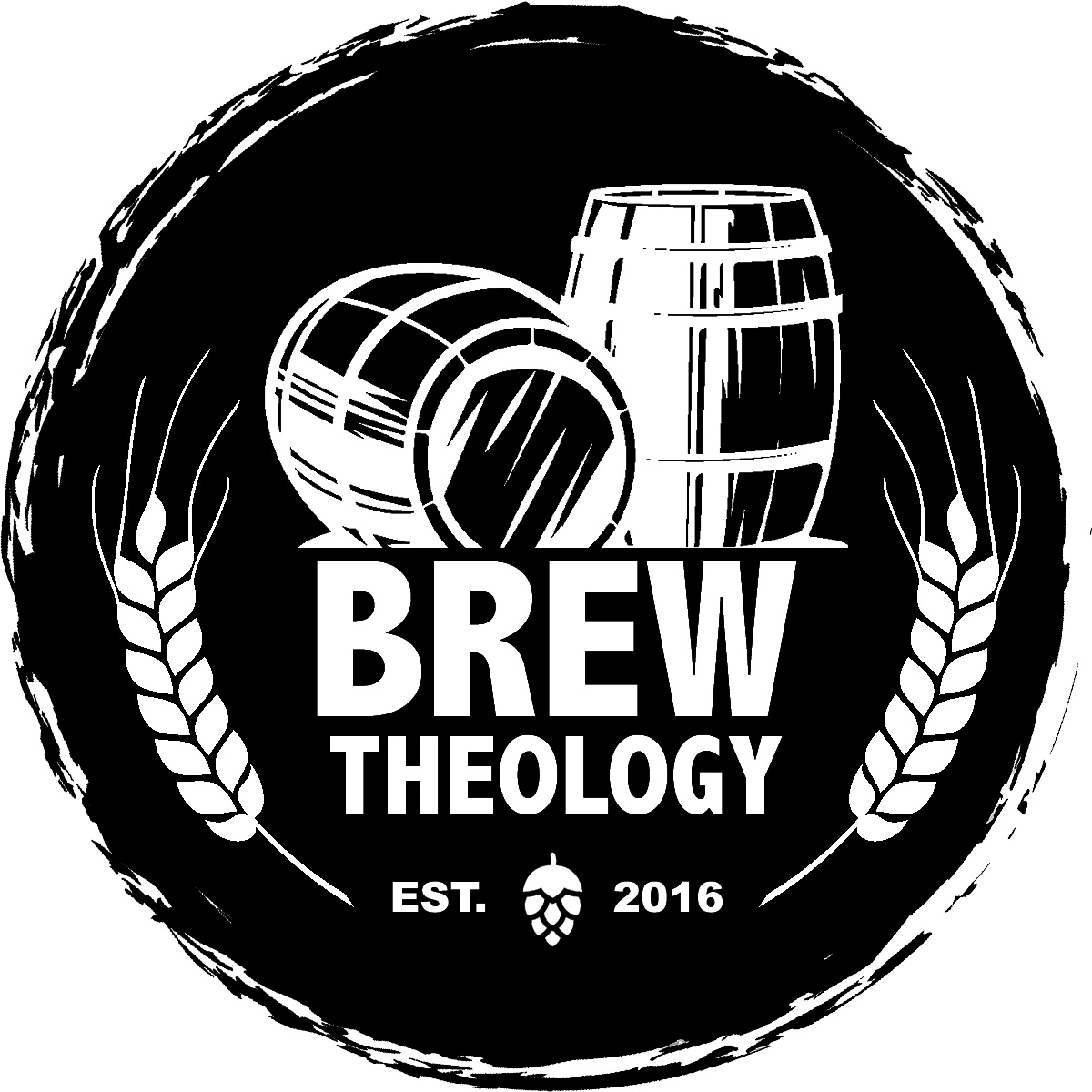Atheism For Lent
What does it mean to take up Atheism for Lent?
One might think that just sounds confusingly contradicting… right?
Yet, as Ernst Bloch once paradoxically stated, “Only a Christian can be a good atheist, and only an atheist can be a good Christian.”
The deepest cry in the Bible comes from the words of the Rabbi when Jesus shouts out, “My God! My God! Why have you forsaken me?”
Jesus experienced a loss of God.
Lent is dark.
The cross is lonely.
The follower of Christ is called to pick up his or her cross and follow Jesus…
Where does Jesus go?
The cross!
The cross tangibly speaks to our death, loss, anxiety, depression, despair, and forsakenness. It allows us to enter into the dark night of the soul, a place where light might perhaps be unveiled in the darkness; or perhaps it might be a place where darkness snuffs out the light.
Whatever happens, things do change.
So, why engage in this thing called Atheism for Lent?
Isn't that heretical for a professed Christian, some may demonstrably ask?
Yes - perhaps at first glance! Yet, to remind everyone, Christianity was once considered a heretical religion (and Jesus, a heretical Rabbi who critiqued the religion of his day), and Christians were once called atheists at one point in history.
More pointedly, Atheism for Lent is an opportunity for Christians to engage some of the greatest thinkers and allow them to critique us – those who put their faith in Christ - along with seeing this critique within our ever-evolving, yet often mundane and stale religious framework.
Philosopher Peter Rollins, who started the “Atheism for Lent” course in 1998 wraps up the answer to the concerned onlooker quite succinctly, as he reminds the sojourner, "To not judge them (atheist thinkers), but let their work and words judge us.”
To engage in this “death of God” season allows oneself a place to discover those voices that were once deemed “enemies,” voices that can possibly purify one's unresolved faith issues. This season of darkness allows one to rethink basic presuppositions, and gives oneself the opportunity to deconstruct without guilt or shame. Everyone is somewhat open to their own inward doubt, but might not ever be honest about it. This posture of the heart and mind allows other ways of thinking and ambiguity a place at the table. Essentially, this strange Lenten practice isn’t about two different people or tribes fighting…it’s about real engaging as equals, something we - Denver Brew Theology theologians - do in the pub every single week.
Rollins reminds the learner that if we can’t cope with our differences (Atheists & Christians), we are typically repressing something that we have not dealt with ourselves. Perhaps those are questions that have been held down in a specific tribe. Most religious tribes are not open to this type of engagement due to fear. Usually, the louder and more defensive one becomes regarding doctrine X, Y or Z or practice A, B or C is due to repressed uncertainty. Atheism typically threatens one's identity. This is why we often see many religious people freak out on the internet when they see something that looks heretical; there's the need to lash out due to some deep-seated fear of the unknown. Thus, because many people do not deal with these feelings and thoughts, sadly many churchgoers are left with their own doubts in the quietness of their own soul, or they are sent to a "professional" Christian to get their doubts “squared away.”
Sometimes, our version or interpretation of God must die in order to move on… and that's okay. We need to be better at giving ourselves and others this kind of freedom. So, in the paradoxical season of sojourning toward the cross via "Atheism for Lent," may Lent be a season of genuine growth, a new death, honesty and the ability to be critiqued by the “other,” in order to see the new self emerge from the ashes.
To learn more about Atheism For Lent, check out Rollins' work, HERE. You can still sign up.
Peace,
Ryan
P.S. Rumor has it that Brew Theology may host Pete Rollins and Tripp Fuller in the Mile High City this summer for a Theology Beer Camp... wink. wink. If you are interested, text the words BEERMEJESUS to 442-22 or email ryan at brewtheology.org.

